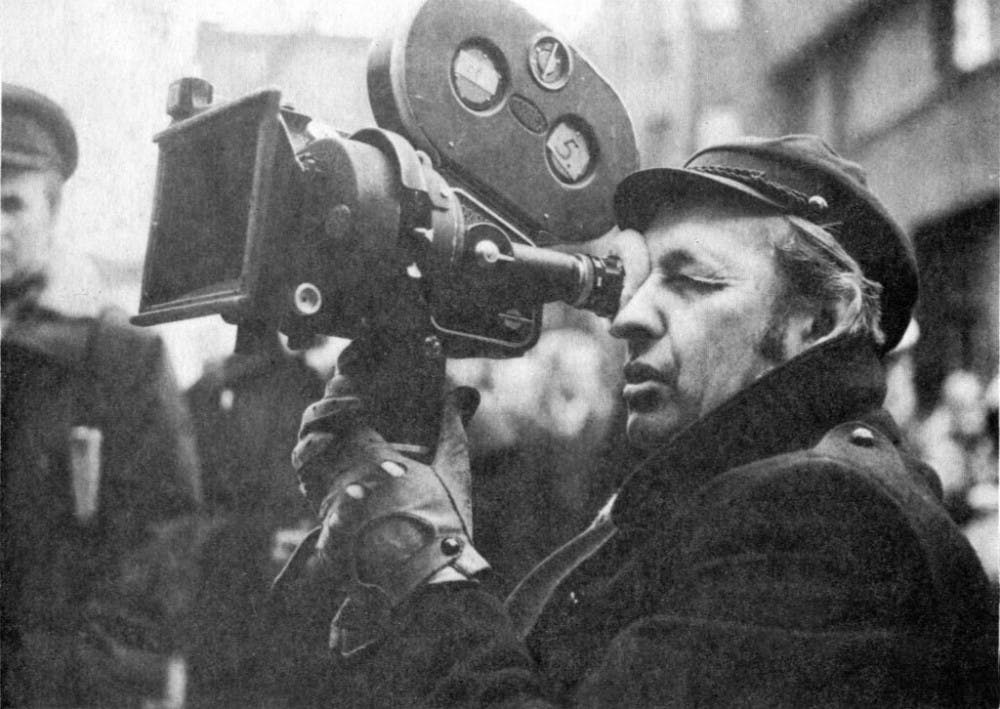However, the United States was not the only Allied nation in the Second World War. If it had been, it wouldn’t have really been the Allies, would it? It is fairly common knowledge that we fought alongside Great Britain and its colonies along with France, but what about some of the lesser powers, the countries that do not get a nod in blockbuster movies? In this case, I speak of Poland, the nation unlucky enough to be the spark that ignited the world that went up in flames.
I do not think I am wrong in saying that the most recognition Poland has ever gotten in American culture for its war efforts was (nerd moment) Call of Duty 3. That is honestly a shame because (another nerd moment) Poland’s World War Two story is perhaps one of the most harrowing tales of national bravery in history.
So, you might be, but probably are not thinking, what can I do to learn of the exploits of this often forgotten Eastern European nation during one of humankind’s great tests? Well, you could read a book, and truthfully that might be the best idea. Alternatively, you could watch a movie. If you steer towards said alternative, might I recommend Andrezj Wajda’s 1956 film Kanal. If you do not really care for movies, or history, or me or even my opinion, that’s fine. Just humor me and read this review.

Kanal is the tale of a small unit of the Polish Home Army, which was the name of the Polish resistance movement against their Nazi occupiers. The men and women of this group are trapped in the ever-shrinking free zone of Warsaw, which was partially liberated by the Poles during the Warsaw Uprising. They are an under-equipped people’s army facing the might of what was then the most powerful military machine in the world.
So dire was their situation that really only one outcome was inevitable, as the director, Wajda, makes clear in the opening five minutes. After introducing the characters one-by-one as they trudge beleaguered through the burning city, the narrator says, “Watch them closely, for these are the last hours of their lives.”
Context aside, Kanal is hardly an action movie. It seems to fall more into the category of survivalist thriller, one which examines how people cope with the most extreme of circumstances and how they behave toward one another when instinct demands individual survival. To understand why, one has to keep in mind that this movie was made only 11 years after the war ended. While that may seem like a long time to us, for people in mainland Europe, it was hardly anything.
Cities were still in ruins, and the scars of war were still everywhere to be seen. In fact, Wajda, the film’s writer Jerzy Stefan Stawiński, and several of the actors were all veterans of the Home Army. Presumably, most of the people involved in making the film had been alive during the war. How could one make a movie that celebrates the heroism of war in a country and for a people who had just barely survived one hardly over a decade earlier?
Perhaps as a result of that, most of the movie is not set in the streets of Warsaw. Instead, it takes place in the sewers beneath the city, which served as a way for the Home Army to move around without being seen by the Germans. While that seems like a good idea, there was a bit of a problem: They were walking through sh*t. That is not figurative either — for a little more than half of this movie, the characters are wading around in literal human excrement. Not walking: wading, up to their chests at points. That single plot point takes Kanal beyond the status of a war movie and turns it into something more.
The fact that so much of the film is spent in the confines of a filth-filled hellhole makes it almost terrifying. The setting of the sewers carries with it a sense of claustrophobia and the lingering threat of madness, which is ultimately the cause of the demise of several characters. In addition, the tunnels just happen to be full of semi-poisonous gas and any noise above a whisper will be met with a German hand-grenade thrown down the nearest manhole.
Weirdly enough, the film’s plot does make room for a love story, and I usually hate love stories, but this one was good. It helps that both characters, Sub-Lieutenant Korab and a messenger girl named Daisy, are both fairly self-possessed, strong and independent. Also, the love story is not necessarily the focus of the film — it is merely an aspect of a much broader and multifaceted conflict involving a number of characters in a number of places at a number of times. That being said, a number of places still applies only to the sewer, where each man and woman spends the last hours of their lives.
Kanal is not the sort of movie you watch to be inspired or feel patriotic. It certainly will not make you feel good or happy. However, it is an utterly shockingly and moving story of absolute suffering and extreme bravery, one which a lot of people, including myself, probably do not know much about. It is a movie which does not glorify war and does romanticize a subject which is so often softened for easy consumption.
It is intense, harrowing and fairly disgusting but also beautiful in the sense that it is a remarkable, and somewhat true, story of human perseverance. Go watch it on Kanopy, which is a database for movie buffs that Hopkins subscribes to, which is totally awesome and was the single greatest discovery of the semester for me.
Overall rating: 10/10






